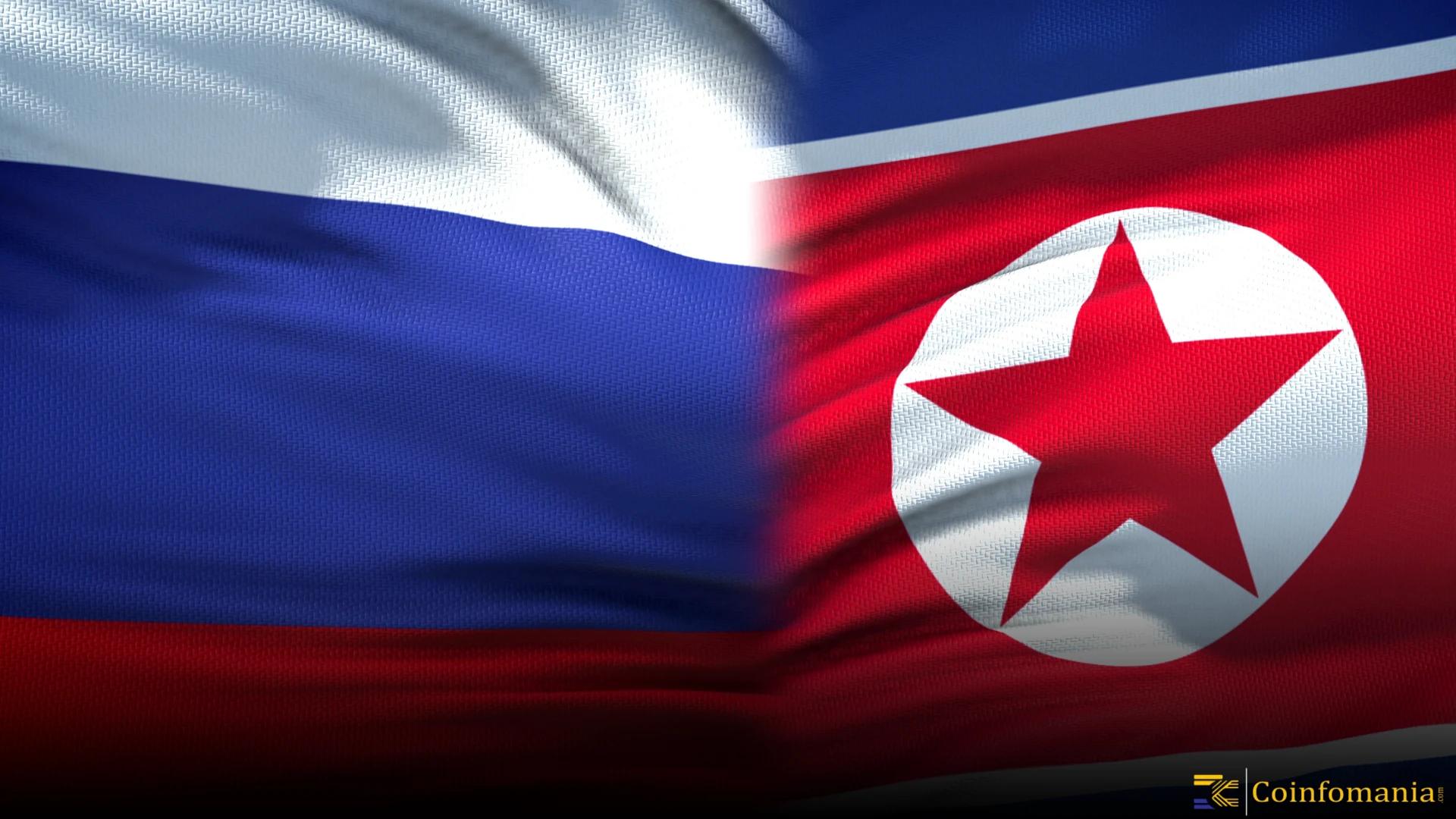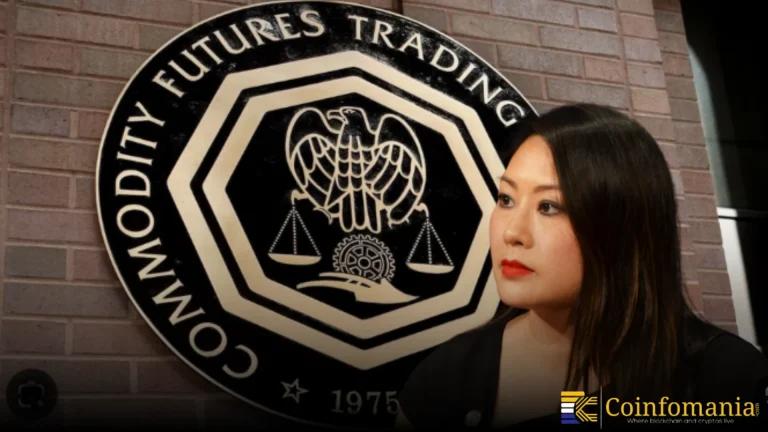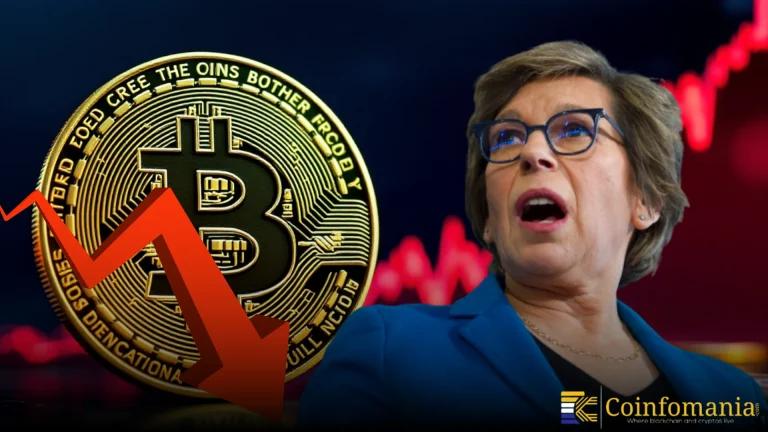North Korea Marks One Year of Defense Pact With Russia
North Korea reaffirms its alliance with Russia on the one-year anniversary of their defense pact, citing troop deployment to Ukraine and plans to send sappers and builders to Russia’s Kursk region.

Quick Take
Summary is AI generated, newsroom reviewed.
North Korea marks one year since signing a defense pact with Russia.
Treaty commits both nations to assist each other in case of attack.
Around 14,000 North Korean troops reportedly deployed to support Russia in Ukraine.
Pyongyang to send 6,000 more personnel to help in mine-clearing and construction.
North Korea has reaffirmed its unwavering commitment to its growing alliance with Russia, marking the first anniversary of a landmark military treaty that deepens cooperation between the two countries. State-run newspaper Rodong Sinmun published a strongly worded editorial Thursday, describing the partnership as one of “absolute solidity” and mutual trust.
The Comprehensive Strategic Partnership Treaty, signed on June 19, 2024, in Pyongyang by North Korean leader Kim Jong Un and Russian President Vladimir Putin, commits both nations to come to each other’s defense without delay if either is attacked.
Since then, the two countries have rapidly expanded their cooperation—military, economic, and political—drawing growing concern from South Korea, the United States, and NATO members.
Troops on the Ground: North Korea’s Active Role in Ukraine
Perhaps the most striking development under the treaty has been North Korea’s deployment of an estimated 14,000 troops to assist Russia in its ongoing war against Ukraine. Though long rumored by Western intelligence, North Korea officially confirmed in late April 2025 that it had indeed sent military forces to aid Russian operations.
The Rodong Sinmun praised the troop deployment as “the most exemplary implementation” of the defense agreement, presenting it as a display of mutual loyalty in action rather than just words. The article framed the move as one of solidarity and strategic friendship in the face of Western opposition.
South Korean and Western intelligence services continue to monitor North Korea’s involvement closely, citing concerns over the potential transfer of weapons and military technology.
Future Deployment Plans: Construction Workers and Sappers to Enter Kursk
The alliance appears far from symbolic. According to Russian officials, North Korea is planning to send an additional 6,000 personnel to Russia’s Kursk region—a war-affected area in western Russia near Ukraine. These include 1,000 sappers (combat engineers) to clear landmines and 5,000 military construction workers to help restore damaged infrastructure.
The announcement came after Russian Security Council Secretary Sergei Shoigu’s third visit to Pyongyang in less than four months. His frequent trips reflect the increasing frequency and urgency of defense coordination between the two nations.
Mutual Support in a Time of Isolation
For both Russia and North Korea—nations heavily sanctioned and diplomatically isolated in the West—the alliance is proving to be a lifeline. North Korea gains international relevance, military experience, and potential economic support. Meanwhile, Russia benefits from manpower, military hardware, and a partner willing to defy the global order alongside it.
The Rodong Sinmun emphasized this sentiment, saying the two peoples “share an unwavering stance” to deepen their militant friendship and “achieve mutual prosperity and well-being.”
Global Concerns Grow Over Expanding Axis
The strengthening of North Korea-Russia military ties comes at a time when global alliances are shifting rapidly. As Russia looks beyond the West for allies and resources, North Korea’s loyalty offers strategic advantage, but at the cost of worsening its already tense relationship with the South, the United States, and Japan.
Experts warn that these developments could destabilize the Korean Peninsula and further entangle the Ukraine conflict in broader geopolitical rivalries.
Follow us on Google News
Get the latest crypto insights and updates.


